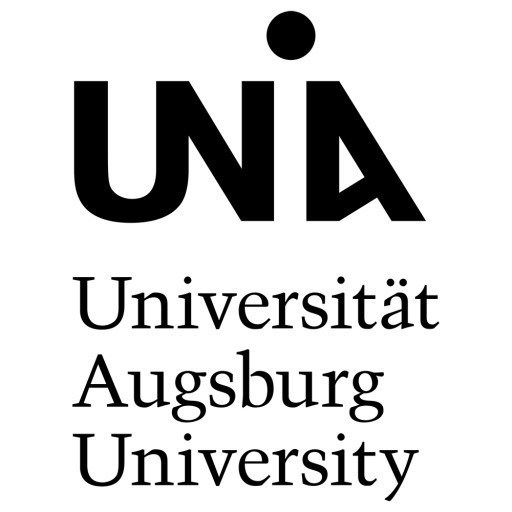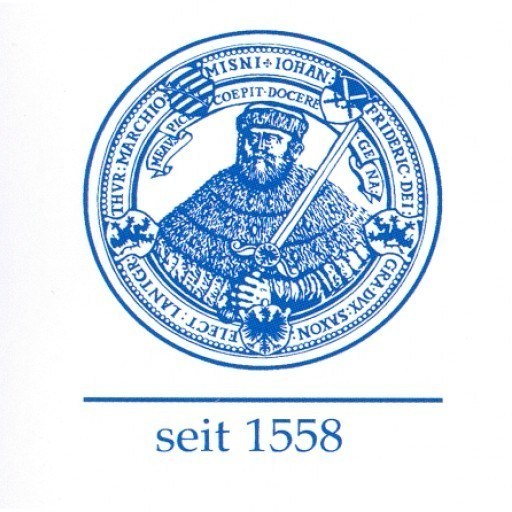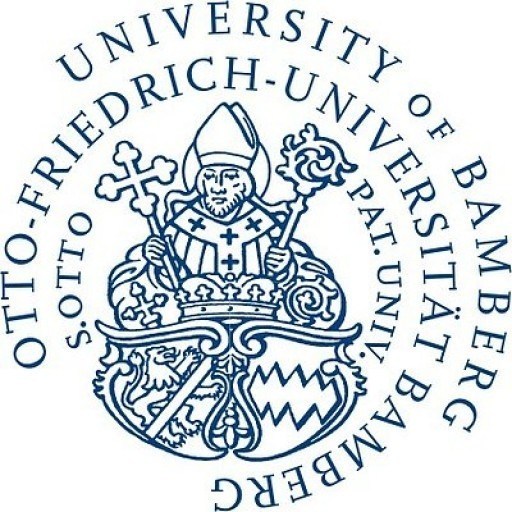Photos of university / #unifreiburg
The Bachelor's degree programme in British and North American Cultural Studies at the University of Freiburg offers students an in-depth exploration of the diverse and dynamic cultural landscapes of the United Kingdom and North America. This interdisciplinary programme is designed to provide students with a comprehensive understanding of the historical, literary, social, and media-related aspects that shape the cultures of these regions. Throughout the course of study, students will analyze key themes such as identity, migration, globalization, and linguistic development, utilizing a variety of theoretical approaches and methodological tools.
The curriculum is structured to foster critical thinking and analytical skills, encouraging students to examine cultural phenomena from multiple perspectives. In addition to foundational courses in literature, history, and media studies, students engage with specialized topics like popular culture, folklore, contemporary societal issues, and the impact of digital technologies on cultural expression. The programme also emphasizes language proficiency in English and German, enabling students to comprehensively compare and contrast cultural contexts.
Practical components such as seminars, workshops, and research projects equip students with valuable skills applicable to careers in academia, journalism, publishing, public relations, and cultural management. The programme offers opportunities for international exchange and internships, facilitating global perspectives and professional networking. Graduates of the programme will be well-equipped with a nuanced understanding of British and North American cultures, strong intercultural competence, and research expertise, preparing them for diverse roles in a globalized world. With a dedicated faculty of scholars specializing in literature, history, media studies, and cultural analysis, students receive rigorous academic mentorship and support throughout their studies. The programme stands out for its interdisciplinary approach, fostering critical engagement with contemporary cultural issues while nurturing a passion for understanding the complexities of British and North American societies.
The Master of Arts in British and North American Cultural Studies is made up of modules. Each module can consist of a variety of course types, including seminars, lectures and tutorials – all focusing on a specific theme. The modules include both required and elective seminars.
The course of study includes the following modules:
- Cultural Studies (required):
- Foundations of Cultural Studies
- British and Postcolonial Cultural Studies
- North American Cultures
- Interdisciplinary Perspectives (elective, choose 1 of the 3):
- Media Studies
- Multilingualism and the Politics of Language
- Theories of Cultural Studies
- Core Texts
- Research and Teaching
- Supplementary classes
Language and Acceptance Requirements
We welcome applications from candidates with an undergraduate degree (BA or equivalent) with a high GPA. The Master of Arts in British and North American Cultural Studies requires an excellent command of the English language: you must have a level equivalent to CEFR C1, certified by TOEFL (PBT 600, CBT 250, iBT 100), IELTS (7.5–8.0), or Cambridge (CAE/CPE). A working knowledge of German is recommended.
The University of Freiburg offers a variety of financing options for students enrolled in their British and North American Cultural Studies programs. Tuition fees at the University of Freiburg are generally affordable compared to other institutions in Germany and North America. For international students, there may be semester contributions which cover administrative costs, student services, and transportation tickets, typically amounting to approximately €150-€200 per semester. Additionally, students have access to a range of scholarships, grants, and financial aid programs both from the university and external sources.
The DAAD (German Academic Exchange Service) provides scholarships specifically for international students, which can be applied for based on academic excellence or financial need. The university also encourages students to seek funding through private scholarships and sponsorships. Part-time employment opportunities are available for students to support their living expenses, with many working on campus or in local businesses, adhering to the regulations for international students’ working hours.
Living costs in Freiburg include accommodation, food, transportation, health insurance, and study materials. On average, students should budget around €900-€1,200 per month to cover living expenses comfortably. Many students opt for shared apartments or student dormitories to reduce costs. The university’s financial aid office provides guidance and assistance in applying for scholarships and managing personal finances.
EU and international students benefit from the same funding options, though non-EU students may need to demonstrate sufficient financial resources to obtain visas. Health insurance is mandatory and can be purchased through German providers; the cost is approximately €100-€120 per month. The university also participates in Erasmus+ and other exchange programs, which can offer additional funding opportunities for students participating in exchange studies within Europe.
In summary, students pursuing British and North American Cultural Studies at the University of Freiburg can access multiple financing avenues, including government scholarships, university grants, part-time work, and external funding sources, all designed to support their academic and living expenses throughout their studies.
The Cultural Studies program at the University of Freiburg offers a comprehensive exploration of British and North American cultures, emphasizing interdisciplinary approaches to understanding the societal, historical, and literary developments in these regions. The program is designed to provide students with a deep understanding of the cultural dynamics, literary traditions, historical contexts, and contemporary issues pertinent to the UK and North America. Students engage with a diverse curriculum that includes literature, history, media studies, cultural theory, and language skills, enabling them to analyze cultural phenomena from multiple perspectives.
The program typically begins with foundational courses in English and American literature, cultural theory, and language proficiency. As students progress, they have the opportunity to specialize in areas such as British literary history, American cultural history, media and communication studies, or specific thematic topics like imperialism, migration, identity, and globalization. The curriculum combines lectures, seminars, workshops, and independent research projects, fostering critical thinking and analytical skills.
Students benefit from the university’s strong links with cultural institutions, libraries, and research centers related to British and North American studies, enhancing their practical knowledge and research opportunities. The program also emphasizes developing language skills appropriate for academic and professional contexts, often including options for studying abroad or participating in exchange programs with partner universities in the UK, the US, or Canada.
Graduates from this program are well-equipped to pursue careers in areas such as publishing, media, education, cultural policy, tourism, and international relations. They often continue their education at graduate or doctoral levels, specialising further in literature, cultural history, or media studies. The curriculum is structured to promote a nuanced understanding of cultural identities, social movements, and literary developments, preparing students for diverse professional and academic pursuits.
The faculty involved in the program are experts in their fields, with ongoing research and publications in British and North American cultural studies, ensuring students are taught with current, cutting-edge academic perspectives. Overall, the program aims to cultivate cultural awareness, critical analysis, and language mastery, enabling graduates to contribute meaningfully to cultural discourse and understanding on both national and international levels.










